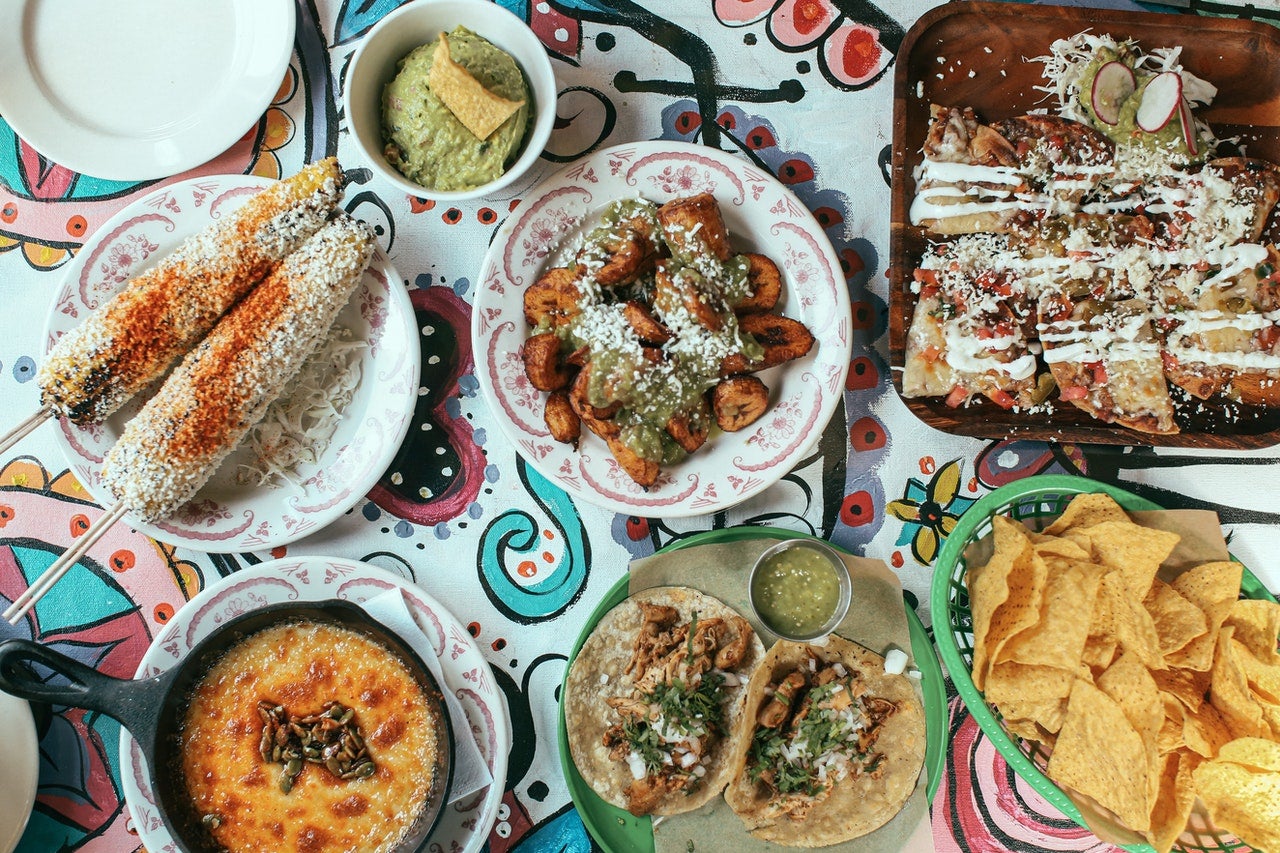Food is a quintessential part of our lives. It’s also something that has made me realize my privilege. I’ve observed that being able to eat three meals a day is a privilege that many of us take for granted. However, according to a UNEP report (2024), one billion meals were wasted every day in 2022, affecting 783 million hungry people. This huge number made me realize that even a small contribution from everyone can have a positive impact on the world. In a world already grappling with poverty, underdevelopment, and hunger, what can we do? We can start by not wasting food and only taking what we need on our plates. This simple change in attitude can address several problems. We should be grateful for the necessities we have and not take them for granted. This article aims to spread awareness about the consequences of food waste, encouraging many like you and me to make a change.
“Food waste is a global tragedy. Millions will go hungry today as food is wasted worldwide,” said Inger Andersen, Executive Director of UNEP. By explaining the wider impact of the ongoing issue of food wastage, we can understand its consequences not only for the global economy but also for climate change, biodiversity loss, and pollution. The Food and Agriculture Organisation of the United Nations (FAO) warns that food waste alone emits 8-10 percent of greenhouse gases and urges us to change our diet to reverse the situation. Food production not only affects us but also affects our environment. Different kinds of processes like processing, transportation, preparation, consumption, and disposal create greenhouse gases that trap the sun’s heat and contribute to climate change. About a third of all human-caused greenhouse gas emissions are linked to food. It is important to highlight certain points from the Food Waste Index Report 2024 and understand our responsibility as humans. Since childhood, I have been taught not to waste food. My mother instilled the value of being grateful for the food we have and realizing how privileged we are to have it. In school, we were taught to not waste food and to say a prayer before eating. Such practices are intended to instill a sense of responsibility and duty in us to be good humans and think about others too.
Food waste is a global tragedy. Millions will go hungry today as food is wasted worldwide.
Inger Andersen, Executive Director of UNEP
To this end, I vividly remember an incident with my cousins. They visited us during vacations and ordered a large quantity of food, which was then wasted. This made me upset because my family firmly believes in not wasting food. My mother then took us to a nearby shelter where poor people lived. They were deprived of any kind of privileges and were forced to eat from dustbins. This was an eye-opening moment for all of us. The problem is that most of us take these basic things casually and fail to understand their importance. To be able to sleep well-fed is like a dream for many. They do every kind of job just to earn do waqt ki roti (two meals a day). We live in a society where millions of people are starving, and it is a failure on our part as a society when people die of hunger and starvation while we casually waste food.
We can educate people around us, be it our families, friends, or colleagues, to not waste food. Parents can instill a sense of responsibility in their children from childhood. Education is not just about going to school or college and getting a good job; it is about becoming a good human being who stands for humanity. Humanity is what makes us different from any other living organism. We must think about others and achieve a higher self, not just focus on our interests.
I have noticed that a lot of food is wasted at social events like weddings, family functions, and parties. People tend to take more food than they need, which leads to waste. However, this food can be given to those in need, and this is an excellent way to help others. During my research, I came across some staggering information about food waste during Indian weddings. In Indian weddings or parties, it is common to prepare excess food because the number of guests is often uncertain. However, this can lead to food wastage when there are fewer attendees than expected. To prevent this, we need to change our mindset and find ways to reuse or distribute the leftover food.
Food wastage is a serious issue that we have normalized, but with gradual and consistent efforts, we can make our traditions more sustainable. In Indian culture, we use the term “Annadata,” which means the ‘giver of food’. We also have a mantra called “Annadata Sukhi Bhava,“ which means, “Oh God, bless those who provide me with food.” This highlights the significance of the primary occupation in India, where more than 60% of the population is dependent on agriculture. It also emphasizes the importance of farmers in our culture as they provide food for sustenance. It is essential to realize that wasting food is unacceptable as it undermines the hard work of farmers who work tirelessly in unbearable heat to ensure that food reaches us. This is a reality check, and we must take action to protect the livelihoods of farmers. Our culture places great emphasis on the importance of food. It is considered sacred and essential for our survival, which is why wasting it is considered a sin in many communities. Unfortunately, amidst ‘modernization’, we seem to have lost sight of its true meaning.
Let’s commit to educating ourselves and others about the importance of not wasting food. There are many NGOs and initiatives dedicated to reducing food waste. Get in touch with food-redistributing charities that operate in almost every part of India and the world to support the cause. These charities take edible food that would otherwise go to waste and provide it to those in need. By doing this, we can feed many underprivileged people. It is a small act that can make a big difference. Making a shift in our attitudes and habits can bring about positive change in our society. So, let’s take this small step towards creating a better world!



